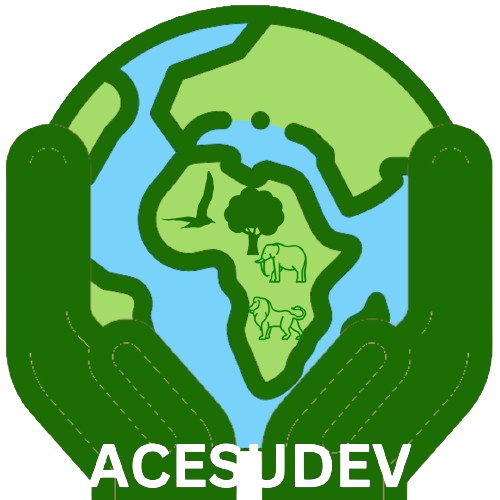Charting a Course for Sustainability: Empowering Stakeholders in Coastal Management
The effective management of coastal and aquatic life requires a collaborative approach, empowering various stakeholders to contribute their expertise and resources. Here’s how we can build a more inclusive and sustainable future for our oceans:
-
Engaging Local Communities: Coastal communities have a deep understanding of their local ecosystems and the challenges they face. Engaging them in decision-making processes, supporting their traditional knowledge and practices, and fostering co-management initiatives are crucial for the success of sustainable coastal management plans. This empowers local communities to become stewards of their environment, ensuring long-term conservation efforts.
-
The Role of Indigenous Peoples: Indigenous communities have inhabited coastal regions for millennia and possess invaluable knowledge about sustainable resource management practices. Recognizing their rights, traditional knowledge systems, and leadership is essential for effective coastal management. Collaborating with indigenous communities in developing and implementing conservation strategies can ensure a more holistic and sustainable approach.
-
The Importance of Science and Research: Scientific research provides the foundation for informed decision-making in coastal management. Scientists play a crucial role in monitoring ocean health, assessing threats, and developing sustainable management strategies. Investing in scientific research, promoting collaboration between scientists and policymakers, and utilizing data to inform decision-making are critical steps towards sustainable coastal management.

Add Comment